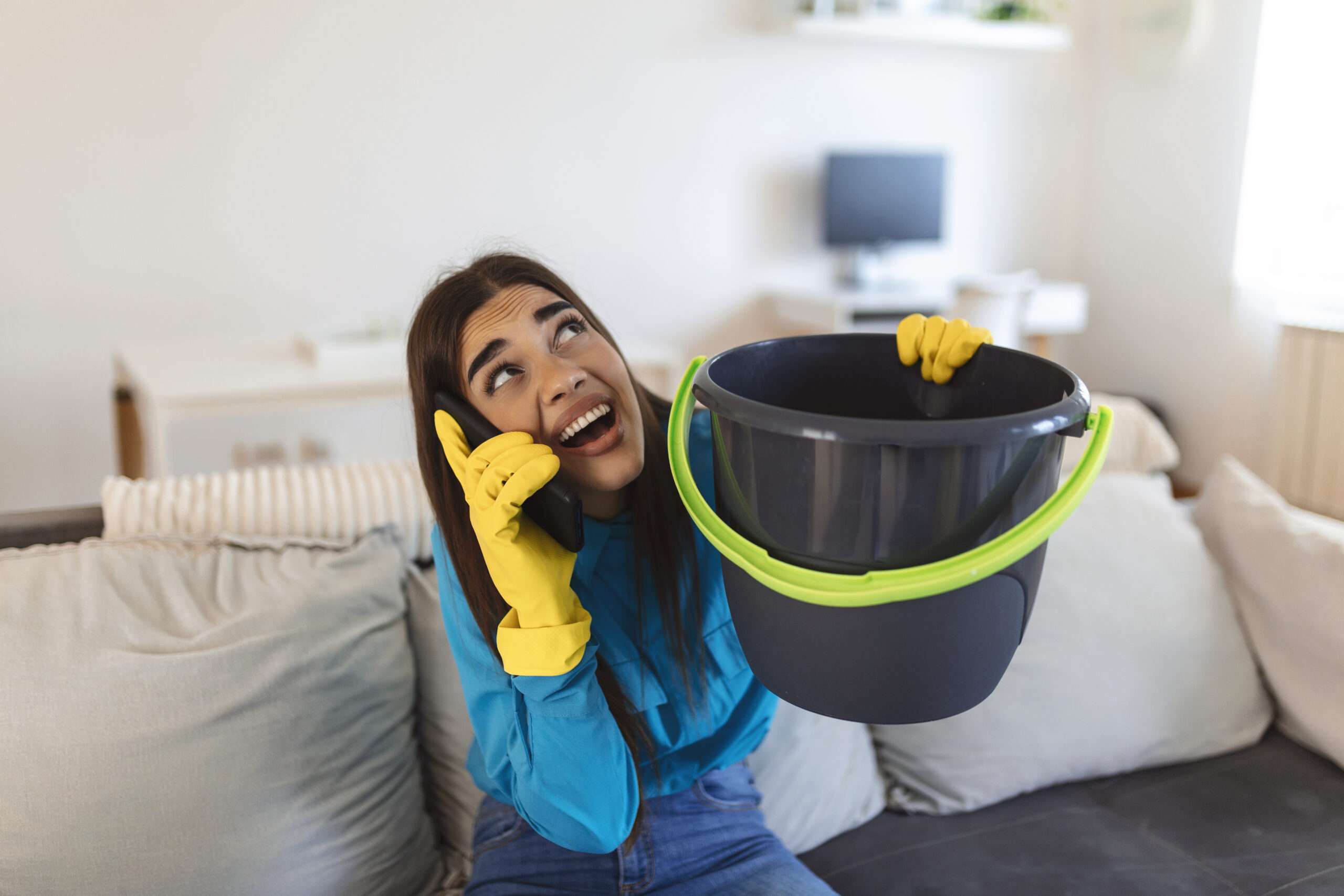
What to Do When You Need an Emergency Plumber
What to Do When You Need an Emergency Plumber
Plumbing emergencies can happen unexpectedly, causing significant stress and potential damage to your property. When faced with a burst pipe, overflowing toilet, or any urgent plumbing issue, knowing what steps to take can help minimize damage and get the problem resolved as quickly as possible. Here’s a step-by-step guide on what to do when you need an emergency plumber.
1. Identify the Problem
The first step in any plumbing emergency is to identify the issue. Is there a burst pipe, a blocked drain, or a leaking water heater? Understanding the nature of the problem can help you communicate effectively with the plumber and may also determine whether you need to shut off the water supply immediately.
Common plumbing emergencies include:
- Burst pipes
- Overflowing toilets
- Major leaks
- Blocked drains causing water backup
- Broken water heaters
The sooner you can pinpoint the problem, the quicker you can take action to prevent further damage.
2. Shut Off the Water Supply
In most plumbing emergencies, the next step is to turn off the water supply. This will prevent more water from leaking into your home, minimizing the damage. Locate the main water shut-off valve in your house, which is typically found near the water meter or in a utility room. Turn the valve clockwise to shut off the water supply.
For specific plumbing fixtures, such as a toilet or sink, there may be a local shut-off valve near the base of the fixture. Use these to stop the water flow to the affected area without shutting off the entire house’s supply.
3. Turn Off the Water Heater
If the plumbing issue involves hot water, it’s wise to turn off your water heater. This prevents overheating or damage to the heater while the water is shut off. Turn off the power supply to the heater if it’s electric, or switch off the gas valve if it’s a gas-powered unit. Doing so will help avoid damage to the heater and ensure your safety.
4. Assess Any Immediate Risks
While waiting for an emergency plumber, evaluate if there are any immediate risks to your safety. For example, if water is leaking near electrical outlets or appliances, it could pose a risk of electrocution. If this is the case, turn off the electricity at the circuit breaker and avoid the area until the plumber arrives.
Similarly, if the leak is causing structural damage (e.g., ceiling sagging), it’s essential to stay clear of that area, as the weight of the water could cause parts of the structure to collapse.
5. Call an Emergency Plumber
Once you’ve taken steps to minimize the damage, it’s time to call an emergency plumber. When contacting them, be sure to provide as much information as possible, including:
- The nature of the problem (e.g., burst pipe, blocked drain)
- The severity and location of the issue
- Any steps you’ve already taken (e.g., shutting off the water)
The more details you can give, the better prepared the plumber will be when they arrive at your property. Choose a plumber who offers a 24/7 emergency service to ensure they can come to your aid promptly, regardless of the time of day.
6. Clear the Area
To help the plumber address the issue quickly, clear the area around the plumbing problem. Move any furniture, rugs, or other belongings that could get damaged by water or block the plumber’s access. This will help the plumber to work efficiently without having to navigate through clutter.
7. Minimize Damage While You Wait
If water is still leaking, use towels, buckets, or mops to soak up the water. This can help to reduce the spread of water damage. For larger leaks, consider using waterproof tarps or plastic sheets to protect nearby items from water exposure. The goal is to contain the problem as much as possible until professional help arrives.
8. Follow the Plumber’s Instructions
When the plumber arrives, they will assess the problem and provide instructions on what needs to be done. It’s important to follow their guidance, as they have the expertise to handle emergency situations safely. They may also give you tips for preventing similar issues in the future.
9. Review the Cost and Repair Plan
Before the plumber starts the repair, discuss the expected costs and time frame for the work. A reputable emergency plumber should provide a clear estimate for the repair, including parts and labor. While plumbing emergencies are urgent, you still want to ensure that you’re aware of the costs and the scope of work before any major repairs begin.
10. Prevent Future Plumbing Emergencies
After the issue has been resolved, take proactive steps to prevent future plumbing problems. This may involve regular maintenance, such as:
- Inspecting and replacing old pipes
- Regularly checking for leaks
- Insulating pipes to prevent freezing
- Scheduling routine inspections of your plumbing system
You can also ask your plumber for advice on maintaining your plumbing and what signs to watch for that might indicate potential problems.
Conclusion
Plumbing emergencies can be stressful and damaging, but knowing the right steps to take can make a big difference. By promptly shutting off the water, calling a reliable emergency plumber, and following the steps above, you can minimize damage and get the problem fixed quickly. Make sure you have the contact information of a trusted emergency plumber in your area, such as Master of Maintenance Emergency Plumber Milton Keynes, so you’re always prepared when an urgent plumbing situation arises.
